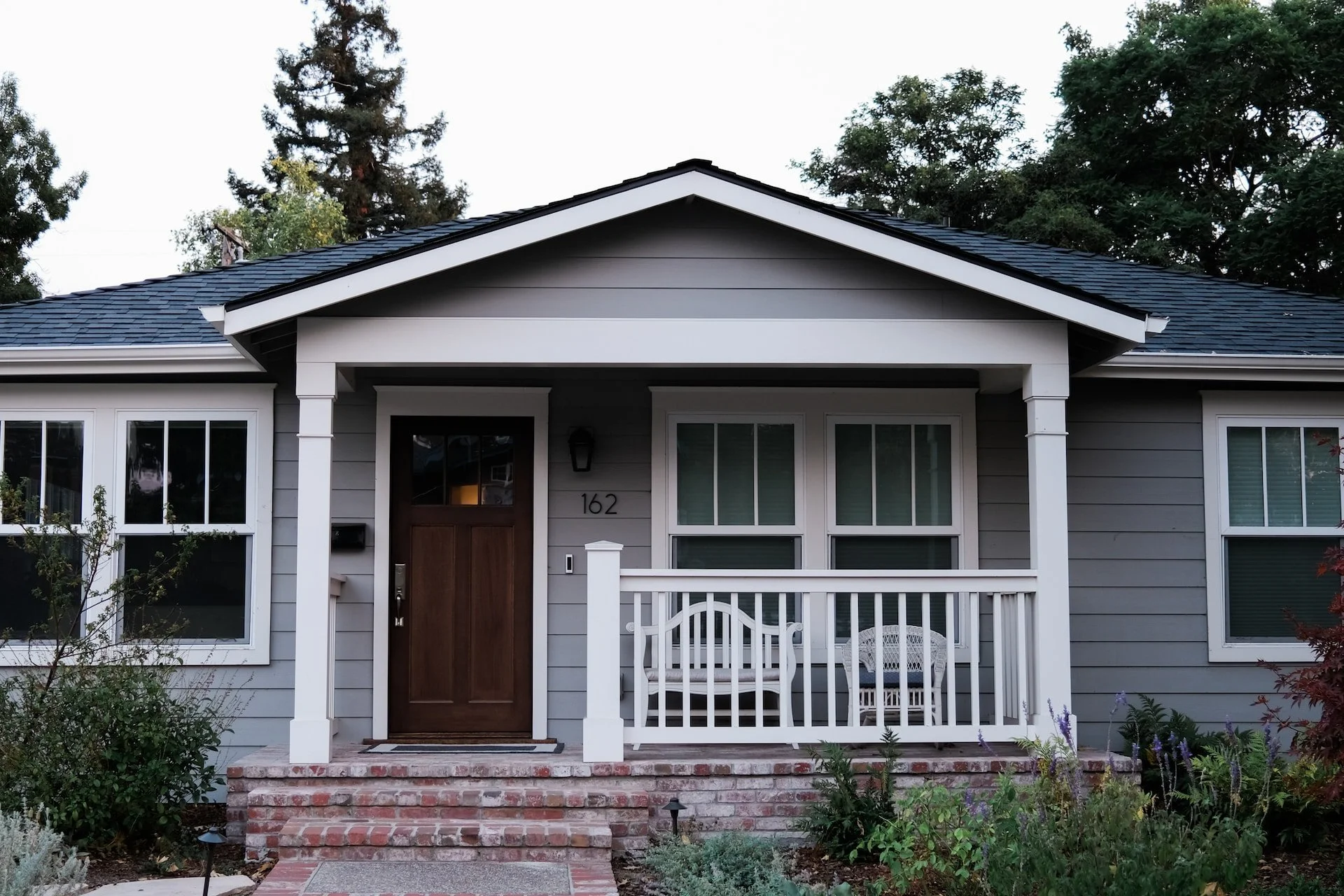Guide to Water Leak Detection
When all is well with the pump, water pressure should not decrease.
It's not uncommon for water pipes to develop leaks after years of use. But spotting them early can save money and prevent structural damage and water wastage.
Here are the common ways of detecting water leaks before they become large problems:
Inspect the water meter readings
A water meter continuously records the water used in a home or property at any given time. If there's no water running, the reading should not change even in the slightest. As such, it can be a reliable source of information on whether there are leakages.
To use this method:
Turn off the inside and outside water outlets and record the meter reading.
Leave the water outlets unused for two to three hours.
Return to the meter and record the reading again.
Compare the two meter readings. If there's a change, there is a leak somewhere in the water system.
The colored water test
Toilet leakages can go unnoticed because they're silent. Yet, they can waste up to 30 gallons of water per day. Fortunately, the colored water test can help detect them.
Remove the toilet tank lid and pour in a colored substance, such as beet extract, ensuring the water in the tank becomes concentrated with the color.
Refasten the lid and leave the toilet undisturbed for 20 to 25 minutes. If there's color in the bowl, it's a sign water is flowing from the storage tank into the drain.
Monitor pressure reduction in the piping system
When all is well with the pump, water pressure should not decrease. However, a localized pressure decrease will arise in the affected area if there's a leak. As a result, water will run slowly in outlets served by the leaking pipe.
The system might also produce some bubbling or hissing sounds if the leak is heavy. On the other hand, slow leaks could be challenging to detect using this method because they might not affect water pressure significantly.
Check for unrealistic increases in the water bill
Typically, every household has a range within which the water bill falls. If the water bill keeps increasing beyond this range and the water usage has not changed, it might be a sign of water leakage. Since some water leaks are often hard to detect, inviting a professional for inspection is advisable.
Look for unexplained lush vegetation along the waterline
Corrosion, freezing, and thawing can cause external pipes to develop leaks. Sadly, since most external pipes are buried, it might be hard to spot, especially if it's a slow leak.
Nonetheless, if the leak has happened for some time, the vegetation around the affected area will be greener. This can be a telltale sign, especially if the homeowner has not been watering the vegetation.
Reduce water wastage
While some water leaks are easier to notice, others are hidden and might take time to spot. If homeowners suspect a leak in the water system, they should contact a professional for inspection.
Trust Adaven Plumbing for an effectively and efficiently functioning plumbing system. We provide drain cleaning, water leak detection and repair, toilet repairs, home repiping, faucet repair and replacement, and slab leak detection and repair services in Las Vegas, Henderson, and Enterprise. Give us a call at 702-766-3320.

